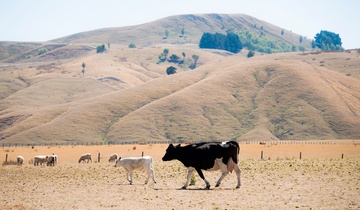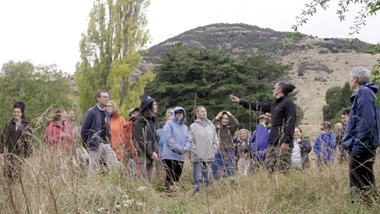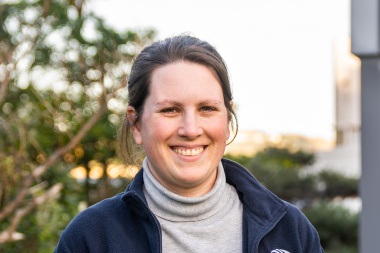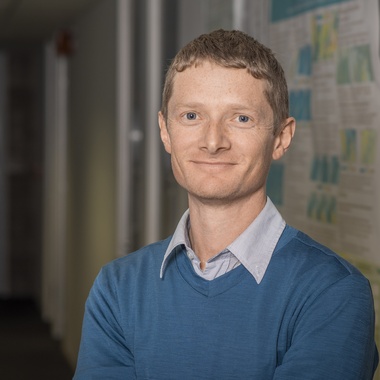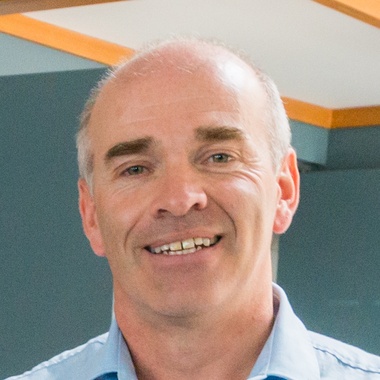Climate change
NIWA is committed to providing the science needed to adapt to and mitigate climate change. By making informed choices now, we can reduce risks, maximise opportunities, foster climate resilience and work towards a carbon-neutral economy.
“The challenges of reducing our national greenhouse gas emissions and adapting to a changing climate are hugely important and affect all New Zealanders. The Climate Change Response (Zero Carbon) Amendment Bill provides the framework for responding to these challenges. NIWA’s role – providing research for evidence-based decision-making and science-based solutions to reduce emissions and adapt to our changing climate – is now more important than ever.”
Dr Andrew Tait, Chief Scientist, Climate, Atmosphere and Hazards
The latest climate change facts you need to know:

